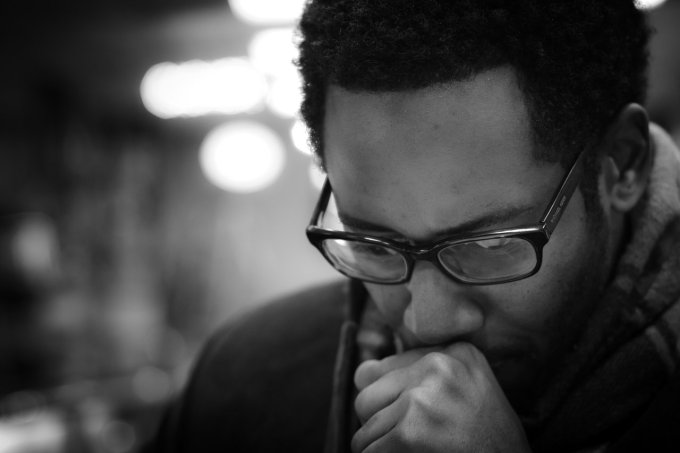Helping a Friend Cope with Loss
A good friend of mine confessed that he needed to speak to an old friend, but he didn’t know how. During this conversation, he would have to confront his biggest fear and he wasn’t ready. Even though they hadn’t spoken in years, this friend was the truest reflection of himself. As children, they looked alike and they talked alike. They got into trouble together, achieved milestones together, and genuinely had the highest hopes for each other. Like brothers, they stood by one another through life’s disappointments – of which there were many. But no matter how bad or how good, they could always count on the other’s support through anything and everything. Now, things were going to be drastically different, because this childhood friend was terminally ill. Sadly, one was slowly dying and the dynamic duo, that once planned to conquer the world together, would soon be only one man struggling to find his way in this world alone. The thought of this was devastating and my friend couldn’t handle it.
For many of us, catching up with an old friend is full of anticipation. We hope that all the good news about career, family, love, and success, will outweigh the bad. But when we already know that our old friend is dying, we dread starting the conversation altogether, because it could be our last. Being the friend on the outside, who encourages this important dialogue between two old buddies, is no less challenging. Somehow, you must find a way to comfort your friend who is mentally and emotionally preparing to grieve the loss of a loved one. You neither want to provide false hope nor do you want to be pessimistic. You want to say the right things without being cliché or causing more angst than necessary.
So, what can you do? The simplest answer: show empathy, listen, and remind your friend to make the best of the precious time that’s left.
The hardest part about death is never getting a chance to say “good-bye.” It’s the unexpected nature of death that can be the most painful for those left behind. When a loved one dies unexpectedly we’re left with unanswered questions, unresolved feelings, things we never got to say, or most commonly, things we never said enough.
But here’s the truth: a sick person is not a dead person. If the person is still alive and aware, there’s still time to express how you feel – and you should.
While it may be uncomfortable and in many respects emotionally taxing, it’s one of the most loving acts a person can do. Showing vulnerability, especially for loved ones in their final hours, demonstrates kindness and deep reverence that can be compared to no other moment in life. While it’s extremely hard to say good-bye, we may never understand until it’s our turn, just how comforting and reassuring it is to know definitively that our life mattered to someone before passing on. While we may intuitively know our lives matter to our family and friends, there is nothing like confirmation. There is nothing like hearing it. That’s why it’s so important that we take the time to tell our loved ones how much we love them while they’re living. Similarly, if you find yourself comforting a friend who’s struggling to muster the courage to speak to a dying loved one, tell them to speak from the heart and don’t wait. The task is not going to get any easier and each day is not guaranteed.
My friend ended up writing a letter to his old buddy. He told him how much his friendship meant. He apologized for letting everyday life disrupt their communication. Most importantly, he told him how much he loved him. He said, “Being able to call you a friend made all the difference. I love you, man.”
I’ll leave you with this… if saying “good-bye” helps us cope with loss and gives us strength as we continue to live, how much more important is it that our loved ones hear us say “good-bye” before they die? Might our words give them strength as they enter the unknown?
Maybe good-bye isn’t really for us, maybe it has always been for them.

